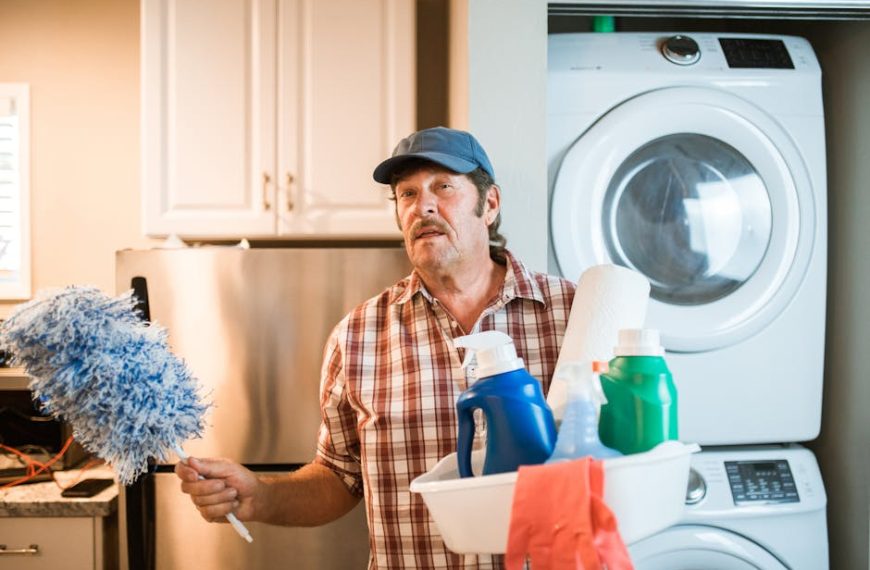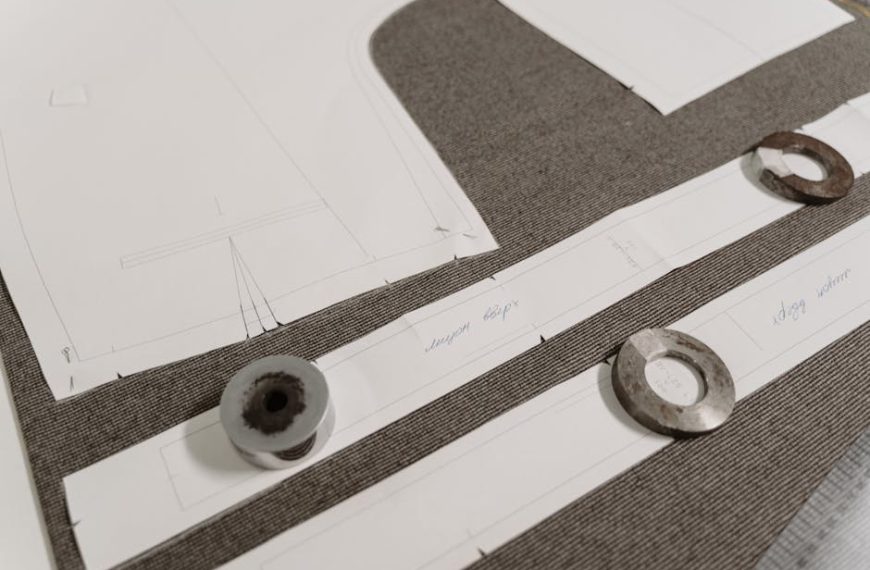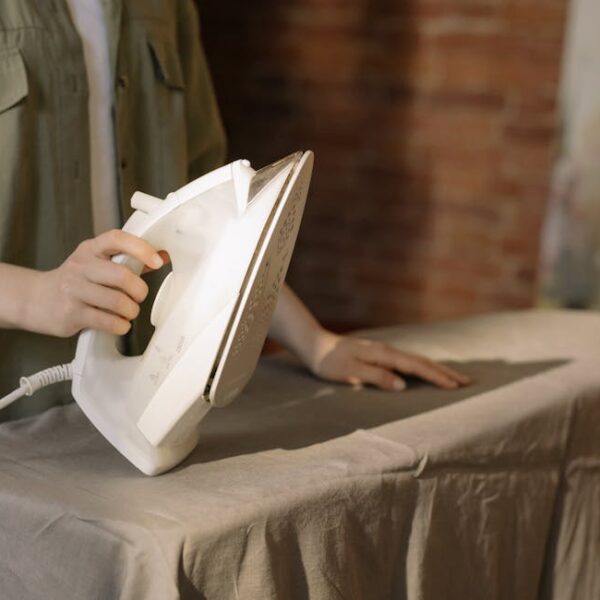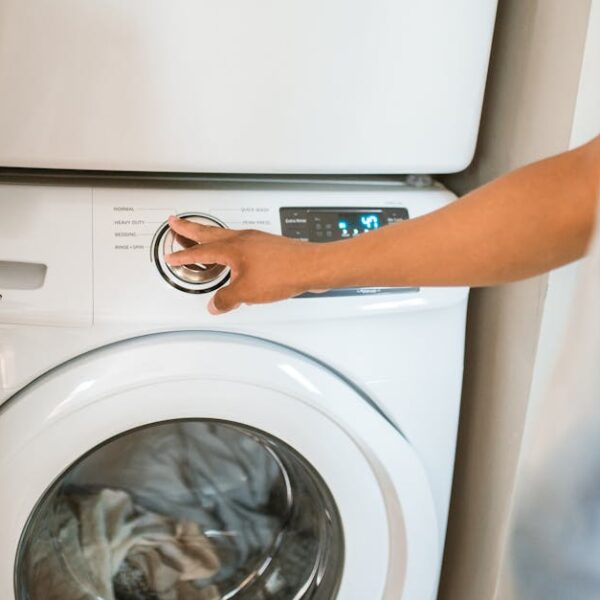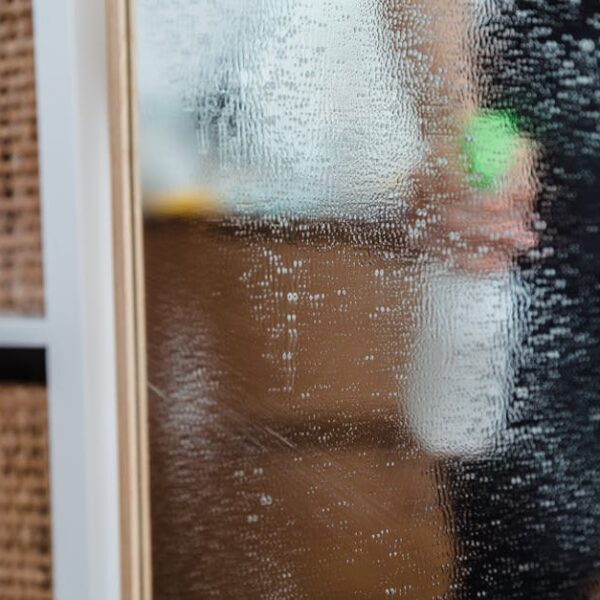Most of us, at some point or another, have been faced with a creepy, eight-legged arachnid guest at home – a spider. While these critters generally mean us no harm, seeing one scuttle out from under the couch is enough to send many into a frenzy. As a quick and convenient solution, we often reach for the vacuum cleaner. But, does this household appliance really do the job? The short answer – Yes, vacuum cleaners can kill spiders.
However, whether a spider gets killed or not largely depends on several key aspects, from the mechanics of the vacuum cleaner to the spider’s survival capabilities. This article aims to explore these crucial factors while providing practical tips for managing spiders in your home safely and effectively.
The Mechanics of Vacuum Cleaners and its Impact on Spiders
Every vacuum cleaner operates on the principle of creating a difference in air pressure. By forcibly drawing air (and unwanted guests) into the appliance, it captures everything in its path and sends it into the vacuum bag. This ordeal can exert upon a spider considerable stress which could potentially be fatal. Here are some critical considerations:
- Suction power: Modern vacuum cleaners have powerful motors capable of generating strong suction. The sheer force can cause physical harm to a spider, or even pull it apart.
– Pro tip: If your vacuum cleaner has adjustable suction power, using a higher setting increases the likelihood of killing the spider.
- Vacuum bag environment: The environment inside a vacuum bag is far from conducive to survival. Dust, debris, and the lack of fresh air make it a hostile place for spiders.
- Journey through the vacuum path: The spider’s trip from the hose into the bag can be incredibly turbulent and injurious. This journey, combined with the harsh bag conditions, could lead to the spider’s death.
The Survival Capabilities of Spiders
Just as vacuum cleaners vary, so do spiders. Their size, physical resilience, and ability to adapt can heavily influence their survival chances. Here’s what you need to know:
- Biology: Though small and delicate-looking, spiders are incredibly robust. Many species can withstand physical stress, survive in low-oxygen environments, and endure starvation for extended periods.
– Pro tip: The larger the spider, the higher its survival chances may be due to its size and strength.
Safety Precautions while Dealing with Spiders
While vacuuming may seem like an easy solution, it’s not necessarily the safest or most humane way of dealing with spiders. Let’s explore other alternatives:
- Catch and release: If you’re not particularly arachnophobic, catching the spider and releasing it outside is far safer (and kinder). There are numerous catch-and-release tools available today that don’t harm the spider and keep you at a safe distance.
– Pro tip: Release the spider as far as possible from your home to prevent it from finding its way back in.
- Spider Repellents: If you’d rather not deal with spiders at all, consider using spider repellents. These are available in different forms, including sprays and electronic devices.
To conclude the first section of this comprehensive look into the question of whether vacuum cleaners kill spiders, it’s safe to say that vacuuming can indeed be lethal for these small creatures. However, their survival largely depends on various factors, including the vacuum cleaner’s power and the spider’s resilience. Furthermore, other safer and more humane alternatives are worth considering when dealing with spiders. Stay tuned for the next installment where we delve deeper into scientific studies on this matter and discuss the correct way of using vacuum cleaners for spiders.
Can Baking Soda in Carpet Affect How Vacuum Cleaners Interact with Spiders?
Using baking soda vacuuming tips can help eliminate unwanted odors and pests, including spiders. When sprinkled on carpets, baking soda absorbs moisture, making the environment less inviting for these critters. Regular vacuuming after applying baking soda ensures a cleaner space while minimizing spider interactions effectively.
Examination of Scientific Studies
Over the years, research has given us some intriguing insights into the question at hand – can vacuum cleaners really kill spiders? Here’s a look at the findings:
- A study conducted by biologists at the University of Salford in 2018 found that out of eight house spiders vacuumed up, two were found alive, but later died due to internal injuries.
- In comparison, a study conducted by entomologists at the University of Maryland in 2015 found only 10% of the spiders vacuumed survived in conditions similar to a typical vacuum bag.
– Pro tip: Be cautious when interpreting these figures. Individual results may vary based on the type of vacuum used and the species of spider involved.
Here’s an easy-to-read comparative table showcasing these studies:
“`
| Research | Institute | Year | Survival Rate |
|---|---|---|---|
| Study 1 | University of Salford | 2018 | 25% |
| Study 2 | University of Maryland | 2015 | 10% |
“`
The Correct Way of Using Vacuum Cleaners for Spiders
If you still wish to use a vacuum cleaner to tackle spiders, here are some guidelines to make it more effective and safe:
- First, use the highest suction power setting available on your cleaner to maximize the chances of the spider’s death.
- After vacuuming, immediately check the vacuum bag. If it remains intact, there’s a chance the spider has survived.
– Pro tip: Carefully inspect the bag in a well-lit area and look for signs of movement.
- As soon as you’ve finished vacuuming, remove the vacuum bag, seal it securely, and dispose of it outside your home. This prevents any surviving spiders from escaping back into your house.
In summary, vacuum cleaners do have the potential to kill spiders, but it’s not guaranteed. Your vacuum cleaner’s power, the spider species, their physical state, and your subsequent actions can all affect the outcome. Whichever method you choose to deal with spiders, remember to prioritize safety for both you and the spider.
Key Takeaway:
- Vacuum cleaners can potentially kill spiders. Factors that contribute to this likelihood are the suction power of the vacuum, the harsh environment inside the vacuum bag, and the spider’s journey through the device.
- The survival capabilities of spiders also play a crucial role in their ability to survive in vacuum cleaners. Their size, physical resilience, and adaptability to harsh conditions may increase their chances of survival.
- There exist safer and more humane alternatives to dealing with spiders than vacuuming them. These include using catch-and-release tools or spider repellents.
- According to scientific studies mentioned, a small percentage of spiders have survived the vacuum environment, suggesting a vacuum cleaner has the potential to kill spiders but it’s not a guaranteed method.
- To maximize the effectiveness of vacuuming spiders, use the highest suction power setting, and dispose of the vacuum bag immediately after to prevent their escape.
Remember that dealing with spiders should prioritize your safety and, when possible, the safety of the spider as well. Even if vacuum cleaners can kill spiders, there are more humane ways to deal with these creatures. Using catch-and-release methods or spider repellents could be safer and kinder options.
FAQs
Q: What vacuum settings are most likely to kill a spider?
A: Using higher suction power settings increases the likelihood of killing the spider as it can cause more physical harm to the spider.
Q: Does the size of the spider affect their likeliness of survival in a vacuum cleaner?
A: Indeed, larger spiders could potentially have higher survival chances due to their size and strength.
Q: What safer alternatives can I employ to deal with spiders at home?
A: Catch-and-release tools and spider repellents are safer and more humane options to deal with spiders at home.
Q: How can I ensure that a vacuumed spider does not escape?
A: After vacuuming, it is recommended to immediately remove the vacuum bag, seal it securely, and dispose of it outside to prevent any surviving spiders from escaping.
Q: How reliable are the findings of the scientific studies mentioned in the article?
A: While the studies provide useful insights, the outcomes may vary based on the type of vacuum used and the species of spider involved. Thus, they should be viewed as indicative rather than definitive.
We encourage you to share this article with others and invite you to explore more informative posts on our website.



